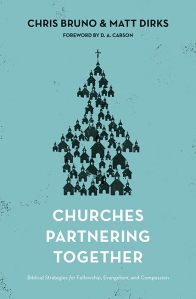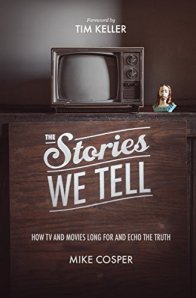What would be the first thing you would do if you feel that you have calling to serve God at full-time capacity? What are some guidelines you would use in making this decision? And how should you evaluate yourself? Should anyone who have this ‘call’ go ahead and serve God?
‘Am I Called?’ by Dave Harvey answers many of these questions and more. The book is divided into 3 parts. First, defining/hearing the call, second, diagnosing the call and third, what to do from the call till the time you actually go in and serve.
First Harvey brings out the importance of everyone who thinks that they’re called to the ministry to be called by God first, that is, that they are firstly christian! This might seem to be a topic that’s unnecessary or superfluous for a book that’s about pastoral calling. But Harvey is right to address the call that Christ’s servant must first have: Christ himself in them! It is quite dangerous to assume that just because you have such a calling that you’re without doubt a christian. But Harvey is right to show that God only calls to ministry, those whom He has fore-known and, fore-called to be His sons.
Next, Harvey moves on to discuss about the different qualification a man must have he if he is called to the ministry. Harvey does not derive these qualifications from experience of from his own wisdom, rather he points the readers to various passages that talks about such qualifications and shows what it means for the individual. I felt the section on the agreement of the community with regards to the call was one that was addressed excellently. Harvey is able to show clearly that although the call is individualised, yet it is never individualistic. God calls us, and we are affirmed about this calling in us, though the community. If no one agrees about your call, it’s probably not a calling from God.
In the last section, Harvey then talks about what a person can do, if he’s truly called but still have some time in between his calling and his service. He gives tips and also general directions on what the person could do during this time to prepare himself for the ministry. I felt that this chapter could have been elaborated and lengthened a little bit more. Some of them were really short advises that should have been addressed at a greater length.
Harvey has also very helpfully, placed stories of different individuals called by God as a start-point for his chapters, though the link is that clear, overall, I thought it was a good start to introduce these preachers to would-be preachers. If it creates a desire to want to dig up more information about into their lives, it would certainty be beneficial to them.
If pastors wants to study this book along with some of their leaders, it would be necessary for him to generate some discussion questions to fully utilise the book. But overall the book is short, clear and extremely helpful for anyone who’s clueless about what to do when he feels ‘called’ by God.a
Rating: 4.25 / 5
If you're interested you can get it here, and here (free international shipping), Kindle.

